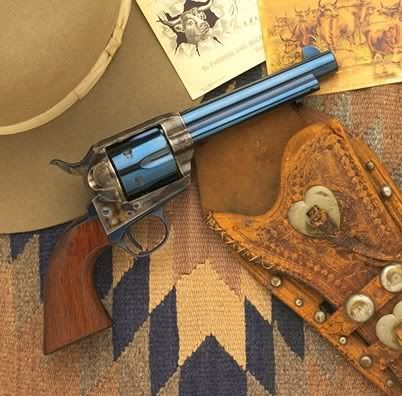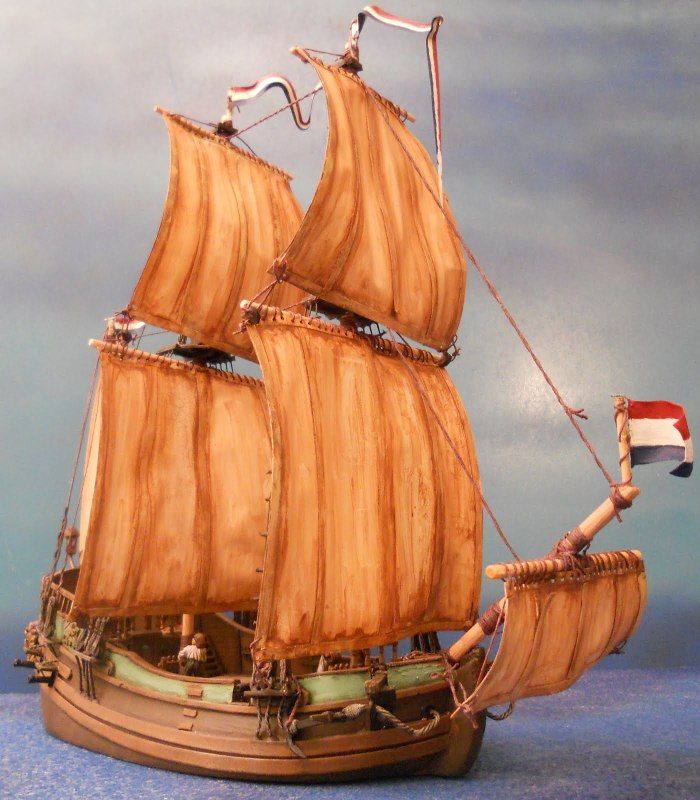
Chuck’s challenge gave me the following:
“The actor biases an applicable troop.”
He stared at himself in the mirror, taking a deep breath. This had been his plan, arranging all those extra ticket sales down at the precinct house. It wouldn’t be that hard to play up certain angles of his performance, and if he could make staid folks cry every night in those seats, he could do the same to the cops.
Or so he kept telling himself.
He had no idea if this was even going to work. Even saying the notion out loud felt weird. He was about to go on stage for another production of this experiment in musical theater, and as much as he believed in the production and his role, he was uncertain it’d be anything more than a curiosity to the men and women intending to protect and serve out there in the dark.
Scooter (not his real name, everybody just called him that) stuck his head in the dressing room to tell him it was five minutes to curtain. The actor took a deep breath and stood. There was only one way to find out if he could do anything at all to help his little brother.
Paul wandered away from the reception hall towards the auditorium. Sure, meeting the director and the actors was interesting, and the food half-decent, but something gnawed at him. With his hands in the pockets of his off-the-rack slacks, he slowly paced around the empty seats, lost in thought.
“You ever been up on stage, Paul?”
He shook his head, not even looking up at his partner.
“Nope. Never really had much interest.”
“I did, a couple times, in high school.” Matt looked up at the empty stage with a smile. “There’s a lot of fun, a lot of freedom, that comes with that lifestyle.”
“Why’d you become a cop, then?”
“To help people. My mom and I never had much, and we lived in a rough part of town. It was all she could afford. We had our place broken into more than once and it never seemed like the police could catch the bad guys, but they always tried and were always good to us. I figured I’d see if I could succeed where they failed.”
“Seems you did, considering you’re on homicide, now.”
“Yeah.” Matt looked his partner over. “What’s your reason?”
Paul paused, looking at the stage himself. “My little brother. He was a bit of delinquent. Whenever we’d play ‘Cops and Robbers’, he was always the robber. When he went to jail at age 16 on a petty misdemeanor I paid him a visit. I was already a patrolman at the time. I told him if he was sick of the cells and the food and the big guys who like to drop soap to see if you’ll pick it up, he could join the academy and I’d vouch for him. I didn’t think he’d go for it, but he did.” He turned to Matt. “He’s the reason we were here. He got us tickets.”
“He’s a good kid. I’m glad you helped him turn around.”
“Yeah, but something’s bothering me. You know the Anderson case?”
Matt nodded. “How could I forget? Guy stabs his lady in her apartment and makes off with some jewelry to make it look like a robbery. But that’s Flannaghan’s case, isn’t it?”
“It is, but something’s not right about it. Where’s the swag if it wasn’t actually stolen? And I don’t buy the kitchen knife as a murder weapon. The medical examiner said the wounds were quick, deep punctures. The width’s all wrong for a kitchen knife.”
“Steak knife, maybe?”
“Maybe. But it’s a stretch. Plus, there’s the broken latch on the kitchen window.”
“Didn’t Anderson say it was always broken?”
“He said it wasn’t sure. I read the report.”
Matt blinked. “That’s Flannaghan’s case, Paul. He’s senior detective. He could make a huge stink over something like that!”
“I had to. Here, look at this.” Paul pulled the program for the musical out of his pocket. “See who’s in the lead role?”
“Wesley Anderson.” Matt exchanged a look with his partner. “A relative?”
“A brother.”
Matt looked away, rubbing his forehead. “I get it… in the production he’s playing a man falsely accused of murdering someone he loves, and he’s so broken up over it he considers himself guilty. It was his tools that did it, not the man himself…”
“I know it’s different circumstances, and the play’s a work of fiction, but I can’t help but wonder what I would do, remember what I have done, for a brother in need.”
Matt laid a hand on Paul’s shoulder. “Look. I’m your partner, and I trust you. If you think Anderson didn’t do it, I’m with you. But Flannaghan’s convinced. We’ll need to look into his case, turn over all of his evidence. He’s going to catch wind, and when he does, we’re going to catch hell.”
Paul thought back to his brother, behind the glass of the jail’s visitation room, looking drawn and haggard, not as defiant or quietly assured as the other criminals. He didn’t belong there. There had been photos of Anderson in the file, mug shots and interrogation room pictures, photos of a man haunted by what he’d seen but not necessarily what he’d done. He didn’t belong there, either. Paul was sure of it.
“I think we can find the answers, Matt. I think we can help people, and do some real justice. But you don’t have to come with me. It’s up to you.”
Matt looked at his partner evenly. “If you think I’m going to let you do this alone, you’ve got another thing coming.”
Paul smiled, and looked at the stage one last time. He wanted to find the actor and thank him, but he knew they had a lot of work to do, and the more quickly they did it, the less chance they had of failure.
“We better get to it, then.”






